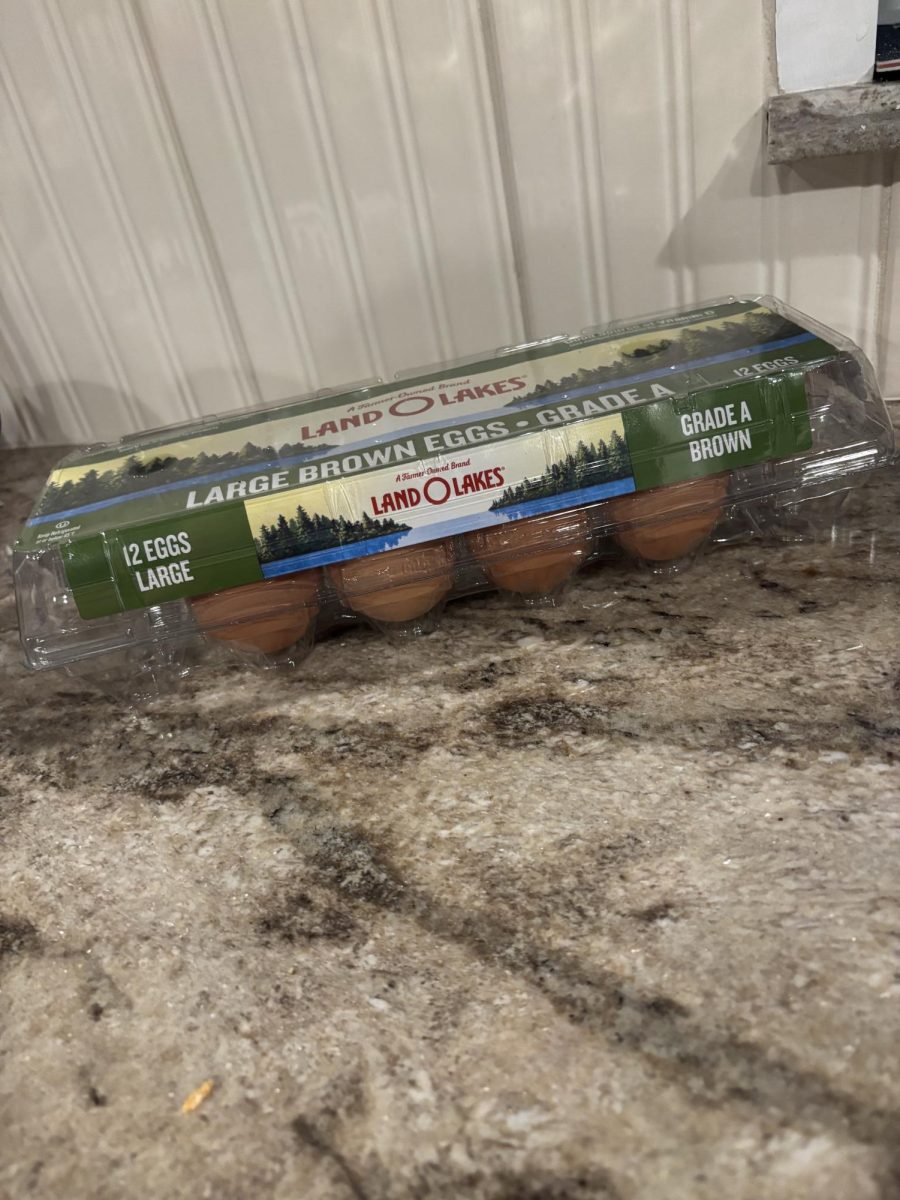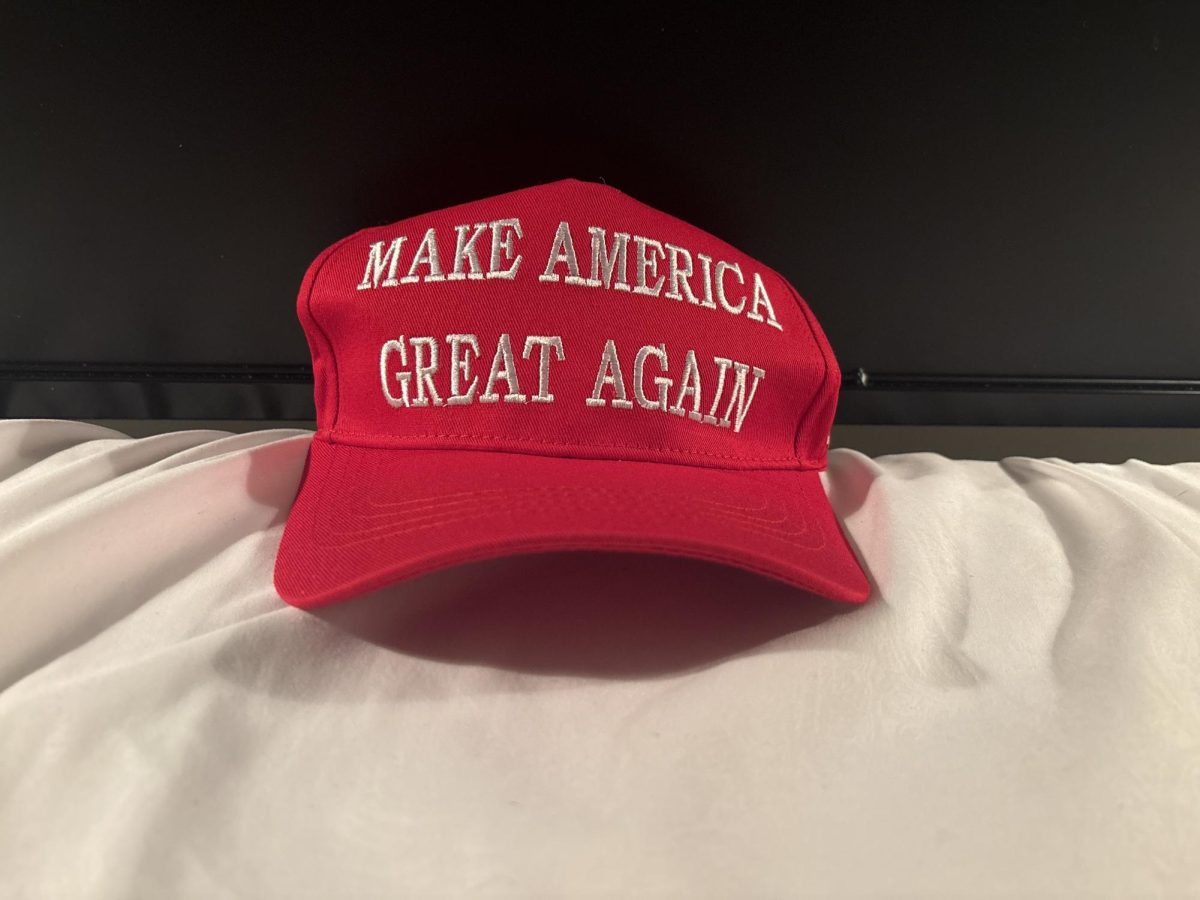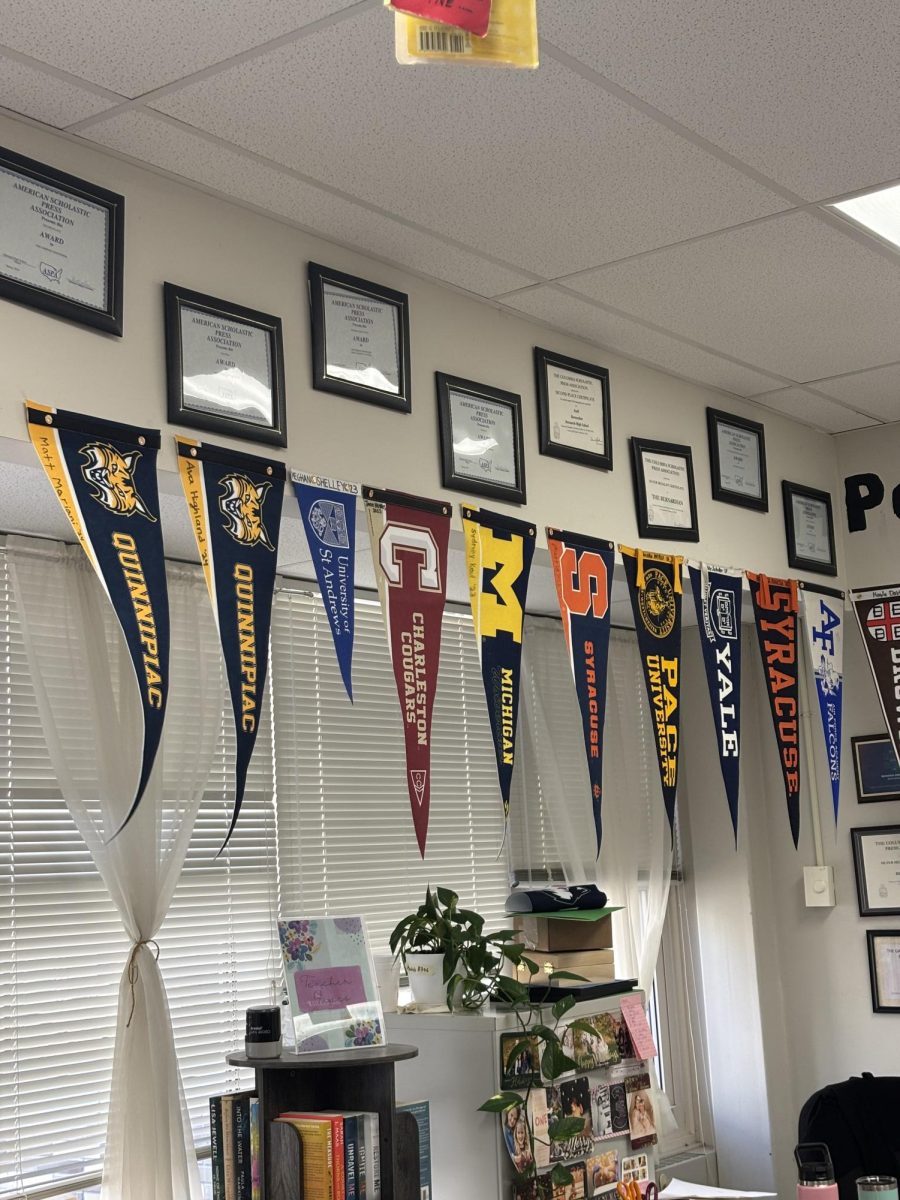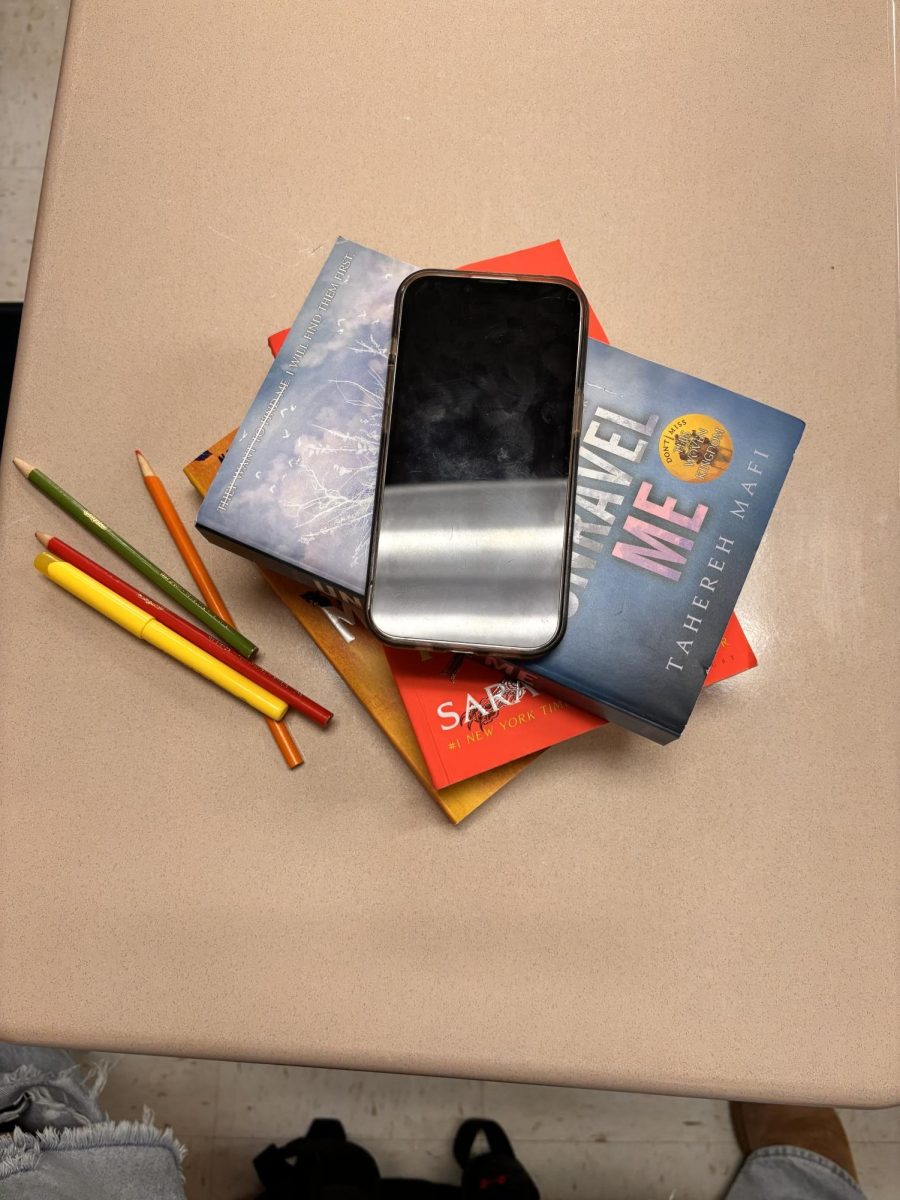With the holiday season rapidly approaching, people are hunting for the perfect gift for their friends, family, and other loved ones. In the pursuit of finding budget friendly options, they run the risk of supporting non-ethical brands. By doing so, they may play a part in causing harm to the environment. In order to avoid this, people should strive to shop as ethically as possible.
Entering colder months, one brand has seen a surge in popularity: UGG. The company was once known for their boots, which could be found in nearly everyone’s closet in the early 2000s. Mainstream Y2k celebrities, like Britney Spears, Paris Hilton, and Beyoncé, rocked UGGs on Hollywood Boulevard and even on the red carpet as statement pieces.
This year, however, UGG has had a modern revival, now with an emphasis on comfort. They are now primarily recognized for their cozy slippers, spotted on Dua Lipa, Kendall Jenner, Gigi Hadid, and other notable figures of the fashion world. Yet if consumers knew the reality behind their trendy slippers, would they still wear them?
UGGs are made of sheepskin with an attached fleece. Rather than only using wool, which can simply be shaved off of the animal and applied to a synthetic base, the leathery material requires sheep to be skinned, and prior, killed. UGG advertises claims of ethical sourcing, priding themselves on their policies of “honest materials” and “commitment to animal welfare.”
The company reveals that “97% of their sheepskin is currently sourced from Leather Working Group Certified tanneries,” also referred to as the LWG, which they insist is a reputable supplier. While the LWG is recognized as one of the most responsible sources of leather, their positive reputation is only truly relative to the other corporations across the industry. The LWG is nevertheless neglectful of the wellbeing of its animals and the environment.
Several sources have shed light on the violent practices of the LWG. PETA, the largest animal rights organization in the world, exposes how “every year, millions of sheep are castrated and parts of their tails are cut off—often without any painkillers.” They are often crowded into cramped factory-like barns of extreme temperatures, often left without food and water.“Ranchers oftentimes starve sheep 24 hours before shearing to weaken their reactions to the stressful process,” reports Farm Sanctuary, “Sheep are frequently cut during shearing and wounds are sewn shut by a needle and thread without anesthetic.”
Much of this goes on behind the scenes, however, and there is only so much UGG can do to control the practices of these third party suppliers. Take with this what you will–when you invest in a pair of UGGs, you also invest in these tanneries and the maltreatment of their livestock. This is a reality that consumers should be at the very least conscious of when purchasing clothing, particularly leather, wool, and down products.
A lot of other brands also use harmful strategies in order to stay on trend. Due to the rise of social media, the trend cycle has rapidly increased. Thus, more clothes are being produced in order to keep up with consumer demands. The main culprit of this is SHEIN, an chinese online clothing retailer known for their low prices.
According to SHIEN’s CMO Molly Miao, the company releases “700-1,000 new styles daily,” which is the same amount of clothing that other companies release in a week or two. Due to the amount of water and energy needed to maintain this rapid pace, it is impossible for SHEIN to be sustainable. They also wrap each garment in an individual plastic bag, which creates a large amount of plastic that ultimately ends up in landfills.
SHEIN, however, is not the only brand that utilizes rapid production. Other companies such as Zara, Uniqlo, Nike, and more all use unethical practices to cater to the ever-changing trends. This phenomenon is named “fast fashion,” and has become more known over the years as people are starting to realize the negative effects of their favorite brands. Many fast fashion brands are notorious for their use of sweatshops, which exploit workers (sometimes even children), and fail to pay them a living wage.
This overproduction is entirely unnecessary as well. According to World Cleanup Day, about “30% of the clothes produced each season are never even sold,” and subsequently are burned. Even certain clothes that are bought are often worn only a few times before they are thrown out, and end up in landfills. The process of making these clothes also is not environmentally friendly.
Factories are responsible for “4% of greenhouse gas emissions,” adding to the pressing issue of climate change.
The destruction to the environment, cruelty to animals, and other violations that certain companies are guilty of are not to be overlooked when holiday shopping this year.
It is difficult to avoid supporting these brands, especially since the most popular companies tend to be the cheapest, and are the most accessible for people of all wages. With this in mind, the best thing for the average consumer to do is to find alternatives to their gifts, or support other brands who produce their products guilt-free. This holiday season, let’s strive to bring happiness to our loved ones while also bringing happiness to our environment.














